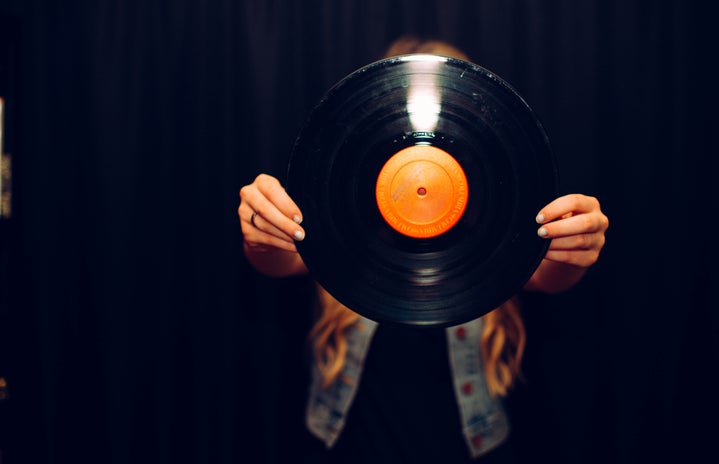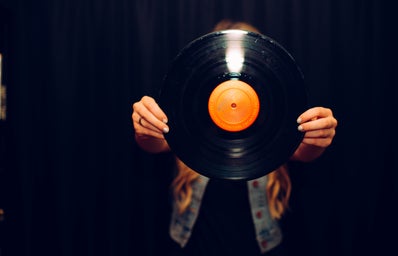When I first picked up a violin, little did I know it would mean something more than playing.
I was in fifth grade when I first started violin lessons in school. I did have a couple expectations walking into the music room. I placed my lesson pass on the piano and went to take a seat at a stand. At that time I thought about what my music career would take me.
How to hold an instrument.
I took my instrument out of its case and held it up to my shoulder. The first thing that came in mind was how super uncomfortable holding the violin up to my shoulder was. Then the teacher came to the room and told all of us to line up to tune our instruments one by one. Then we spent all lessons playing our instruments while still awkwardly holding our violins until 7 lessons into the year we were introduced to shoulder rests. I stongly recommend getting a sholder rest and a tuner to help solve those problems because that will eventually be a requirement in the future. It will help you throuout your playng career!
Playing.
Ok i’m going to expose myself a little bit: It took me until high school to actually know how to read the notes on my music and know the key signatures. But with the help of my high school music instructor, and my best orchestra friends I am now fluent in actually reading the notes, pitches and key signatures. It is important that you practice at home because there is a fine line between practicing and rehearsal.
Being responsible.
I can’t count the millions of times where I have left my shoulder rest at home while I was rushing to get to school at 7am. For all you violin players out there, I have to say this: DO NOT FORGET YOUR SHOULDER REST. Your teacher may not notice but he or she will eventually see that your holding your instrument in an unconfortable way. Forgetting your music is also a common mistake every musician will make in their lifetime. Trust me when I say you are not going to want to forget that either.
Bow Grip
My instructor always had told us to put our bows down. Then shake our hand that we use for bowing and release all the tension. Then he demonstrates how to properly place your hand on the bow. Relaxed. No tension in the wrist. Just a steady hand placement.
Patience
Played a wrong note during rehearsal? That’s no problem. But in concerts? While you’re the first chair? That may not be ideal for you. But even if it is just one mistake, then it can certainly throw you off. But if you just breath a little and look at your teacher for the signals to get back on track, you will be just fine. Everyone falls down sometimes and its not like you will never get back up.
Confidence
This is the main key to being in an orchestra. If you are going to play with an ensemble you’ll have to have confidence for not only if you are chosen section leader or concert master/mistress, but for when your section has a beautiful melody that everyone needs to hear, so don’t treat those double fortes like a secret pianissimo.
Leadership
At some point in your musicall carrer, you will have to take on the reaponsibility of leadership of your ensamble and its ok to need help to reach that skill.
Senior year had arrived. Little did I know that my music career was about to take a huge turn. After a brief entertaining introduction into orchestra for the new underclassmen, my instructor began assigning seats for us. I don’t remember that much of that day, but I remember from the top of my head that the big question circulating around the room was who would take on the first chair? Then it happened. I was chosen to be concert mistress after nearly 3 years of being in the lower half of the violin section. I found myself shaking in my chair as I was about to take on responsibility of being a leader of the orchestra. Thanks to my best friend/mentor I was able to navigate my way through leadership.
Family
You’ll need to get along with not only your stand partner, but the whole ensemble. You will laugh with them, cry with them, debate with them, and most importantly, bond with them throughout your time with them. If only I knew back in freshmen year that your classmates in your orchestra can actually become your second family just like that. From concerts, holiday parties, all county, out of state musical festivals and nerve-racking solos at the end of the year, you will get through those moments as a family.
If I were to go back in time to my very last year of playing, I would not take rehearsal that we had fot granted. Even it is not a good day for me. I would treat those rehearsals like a memory that would make me smile everytime I enter that huge room full of intstruments ready to be played and be surrounded from the endless support from my ensemble and teacher. I sometimes miss high school because of my orchestra family, but I know that one day we will see eachother again on the other side.


